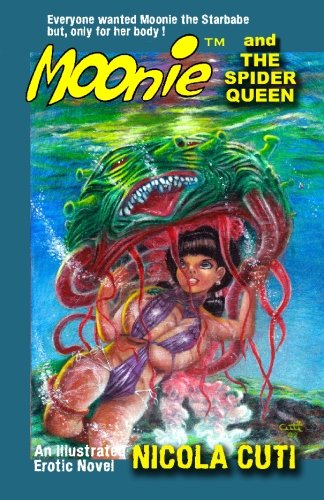I was a big fan of Space:1999 when it aired on broadcast television in the mid 70's. It was a smart if dour science fiction show offered up when a fan had to seek out Saturday morning cartoons to get a hit of the good stuff. Science fiction is so common today that is easy to forget that finding a choice nugget like Space:1999 on a weekly basis was treasure indeed. The show began life as the second season of UFO from the Gerry Anderson outfit. But the vagaries of network decision making made that impossible, but only after the Anderson folks had invested no small amount of money into props for the second season. So those props, a Moon base mostly, was retooled a smidge and a plot dreamed up which caused the Moon to slip out of Earth's grasp and begin a peripatetic journey across space began.
The show is famous for its stars Martin Landau and Barbara Bain, a powerhouse Hollywood married duo who had become famous on Mission Impossible. The stories of how the two were wooed were gleefully described by Anderson in his several discussions of the show. To make a long story short, they were demanding. And according to Sylvia Anderson the pair were terrors on the set. But what a set it was, immense and artfully designed. My favorite character from the first season was Barry Morse as Victor Bergman, an older and wiser advisor to the commander of Moonbase Alpha.
The first season of the show is very quiet, with thoughtful reflective stories being the order of the day. With the second season came an American story editor and a brisker approach to storytelling. There's no doubt that the first season is the one which made the show's reputation with its somber slowly developed storytelling, but there are things in the second which are attractive. Not the least of these is Mara, a shape-changing alien who joins the wayward Earthlings and helps them when she can. It's a fun show, a solid sci-fi effort when such things were rare in a pre-Star Wars universe.
Charlton Comics got the license to produce the comics in the United States. I fell in love with these as much, if not more than the TV show. The art of Charlton tyros like Joe Staton and John Byrne made the color series a more than solid entertainment on the spinner racks of the day. There was also a black and white magazine, this was run by Gray Morrow's outfit and again, is extraordinarily handsome. Below are the covers for both series.
Rip Off





















































